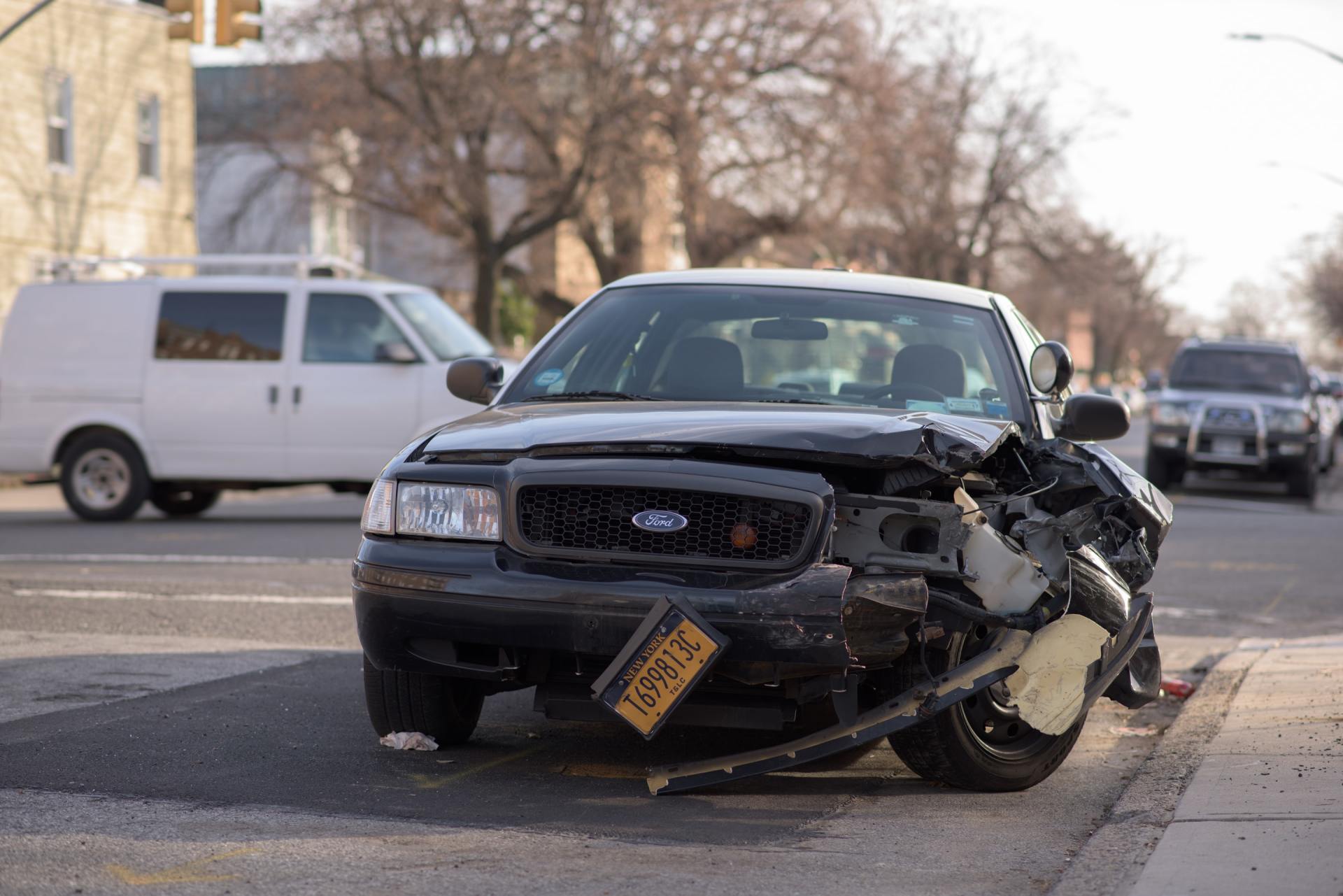If you were injured at work or while executing a work-related task, you are eligible to receive worker’s compensation benefits to make up for medical bills and lost wages.
However, employers and their insurance providers are likely to content your claim and perpetually look for loopholes to deny a payout. In case your appeal for compensation was denied, you do not need to lose hope. A
personal injury lawyer can help you fight for your rights and receive the reimbursement you deserve. An unsuccessful claim can also be avoided by understanding possible reasons for the rejection:
Failure to commit to Statute of Limitation
Whenever an accident occurs at the workplace, the injuries need to be immediately reported to the employer or manager. If you fail to inform about your injuries within the allowed time-frame, the employer can dismiss the claim. Similarly, if you wish to sue the employer, you will have to abide by your state’s statute of limitations for personal injury lawsuits.
Lack of Insurance Coverage
Many workers, including independent contractors and part-time freelancers are not covered by worker’s compensation insurance. Sometimes business owners deliberately list full-time employees as independent contractors to qualify for cheap insurance premiums.
Under the Influence of Alcohol/Drugs
While workplace injuries are impartial to fault, intoxication renders your claim invalid. Showing up to work drunk or under the influence of a drug is unethical on your behalf, so you are not entitled to compensation for the consequences.
Willful Negligence
If you ignored provided instructions to operate safely at work or refused to wear available personal protection equipment, you are guilty of willful negligence. The employer is not obligated to make up for an employee’s careless behavior.
Lack of Medical Reports to Support the Claim
Medical checkup is compulsory following a workplace injury. If you have no medical evidence to support your claim, the insurance provider can easily defy compensation. In some cases, you need to consult a doctor approved by the employer and insurance company; this doctor might play a role in undermining your injuries, thereby reducing your compensation benefits. By hiring a
worker’s compensation attorney, you can overcome the opponent’s frolics.
The injuries are not within the Scope of Employment
Injuries sustained outside of the work premises, such as during commute to and from the workplace, are not covered by worker’s compensation insurance. Similarly, if you leave the office during lunch break and encounter an accident while you’re away, your employer is not liable. On the contrary, if you were injured while running an errand for your boss or were engaged in a work-related activity offsite, you can demand compensation. Injuries incurred during a brawl or horseplay at work are also not compensable, unless your boss encouraged the illicit behavior, or you were hurt as a bystander.
Injuries are not Severe or Work Related
Injuries that can be cured with the help of a first aid box and do not require you to skip workdays are not eligible for compensation. Moreover, if you had a pre-existing health condition, the employer may try to associate the injury with it. Lack of witnesses or CCTV footage can make it hard to prove that an injury occurred during the work shift.
Claim was filed after Termination
If you quit your job or get fired before filing a claim, the insurance company will deny it and accuse you of retaliation. Precisely, any delay in filing the claim can damage the integrity of your case.
Author Bio:
John Anderson
is a paralegal who writes about widespread legal and social issues. He helps readers overcome challenges and solve many personal problems the smart way, rather than the hard way. He aims to reach out to individuals who are unaware of their legal rights, and make the world a better place.



